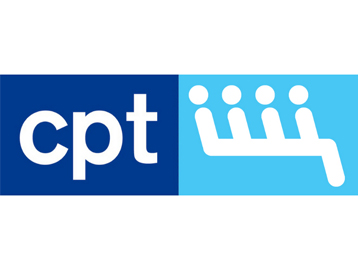January 08 2020
The voice of bus and coach operators has said that Greater Manchester Combined Authority’s plan to franchise bus services is not the route to improved services and risks local taxpayers funding any revenue shortfall.
The voice of bus and coach operators has said that Greater Manchester Combined Authority’s plan to franchise bus services is not the route to improved services and risks local taxpayers funding any revenue shortfall.
The Confederation of Passenger Transport (CPT), which represents bus and coach operators including local operators Stagecoach, Go Ahead, First, Arriva and Manchester Community Transport set out its views in its response to a consultation on the proposals.
CPT’s response highlighted:
The outcomes targeted by the consultation of a joined up, integrated network, simple fares and ticketing and an improved customer experience can be delivered quicker and more effectively through a partnership agreement.
Independent research shows bus passengers in Greater Manchester are happier with their service than those in London[1], the only city in the UK to have a franchise model and that journey times are the biggest barrier to people giving bus a go[2].
GMCA’s own modelling shows that the proposed partnership model put forward by local operators delivers better value for money than a franchised model.
CPT Chief Executive Graham Vidler said: “The desire of passengers for fast and reliable journey times, investment in clean and well-equipped buses and straightforward competitive pricing are goals everyone shares and are key to getting more people onto the bus. These are best delivered where operators and local authorities work in partnerships, which have delivered real increases in passenger numbers in places such as Brighton (up 21% over the past decade), Bristol (up 50%) and Liverpool (up 16% in just four years). In contrast evening peak journey times on Manchester’s roads have increased by 16% in just the last five years, a trend which franchising will do nothing to address[3].
“The plans put forward by local bus operators would mean more greener buses on the roads and an immediate freeze on some fares while a franchised system would, based on the combined authority’s own data, result in fare increases and a delay of several years in any significant improvements to bus services.
CPT’s response also highlighted that local council tax payers risk having to pay the estimated £134.5m needed to move to a franchised system and that any investment by central government must be focused on infrastructure that puts bus first on local road networks.
Graham Vidler continued: “Three quarters of people in Greater Manchester say they do not want to fund public transport improvements through higher taxes[4] but a franchised model means the risk and cost of running local bus services sits with local council tax payers. Despite requests to do so under Freedom of Information laws GMCA has refused to provide further details on the financial assumptions they have made as part of their modelling.
“Central government must also ensure that its funding continues to target putting bus first in transport networks, delivering real benefits for passengers, the environment and the economy, rather than subsidising a change in regulatory model”
[1] Comparison of TfL and Transport Focus data
[2] http://www.cpt-uk.org/_uploads/attachment/4639.PDF
[4] https://www.route-one.net/opinion/why-is-franchising-the-best-option/
